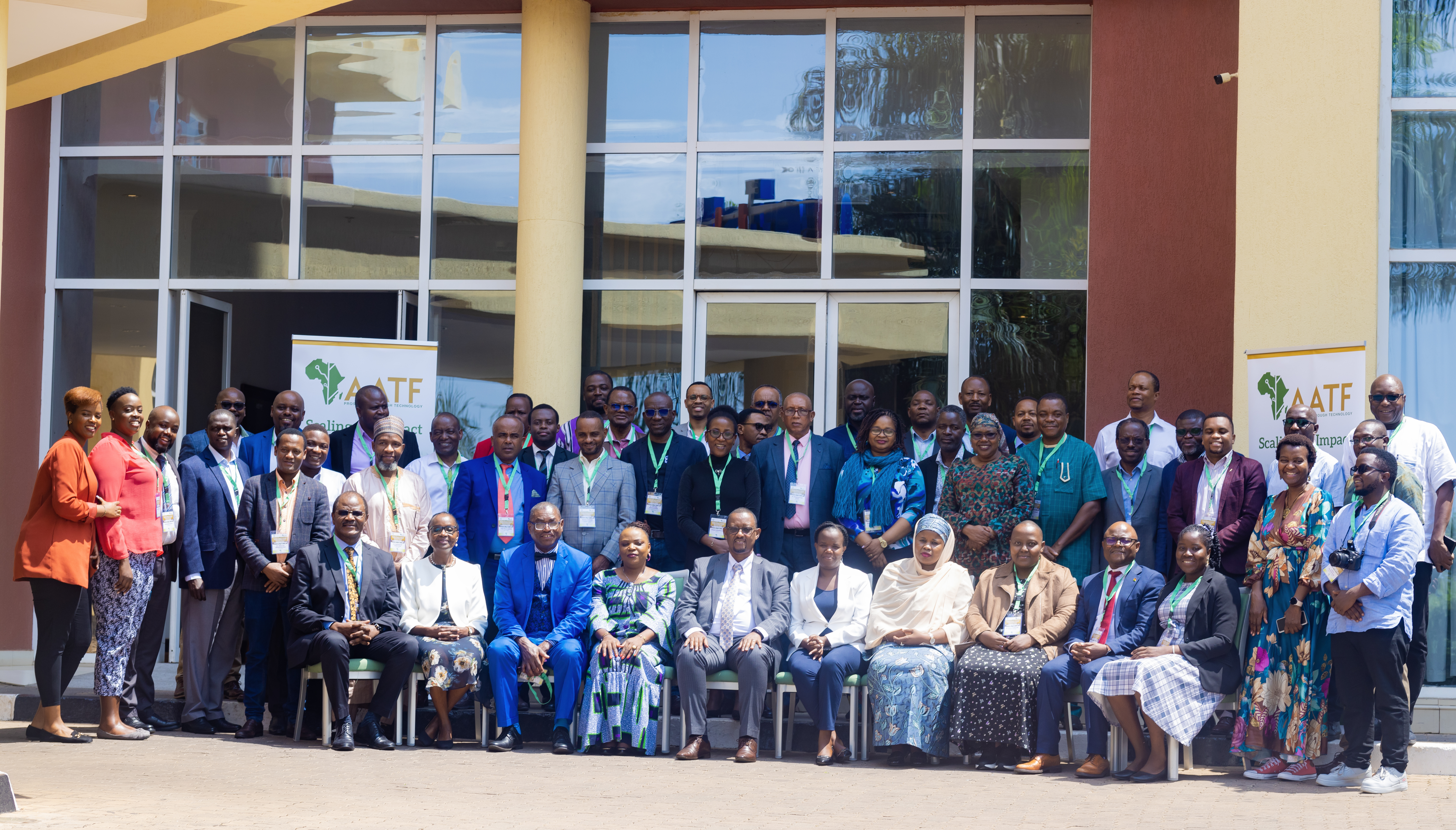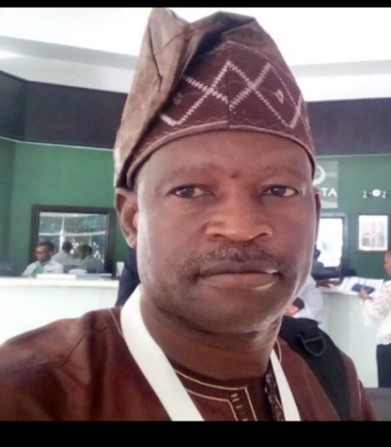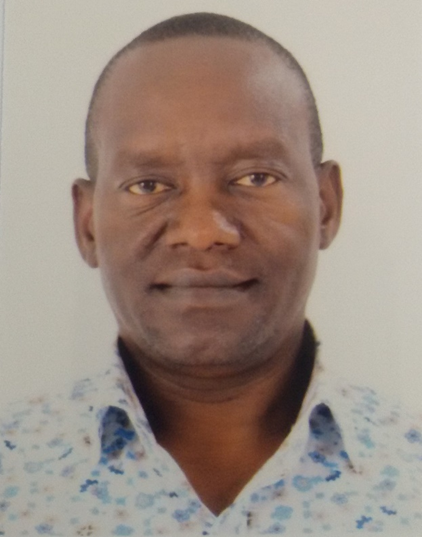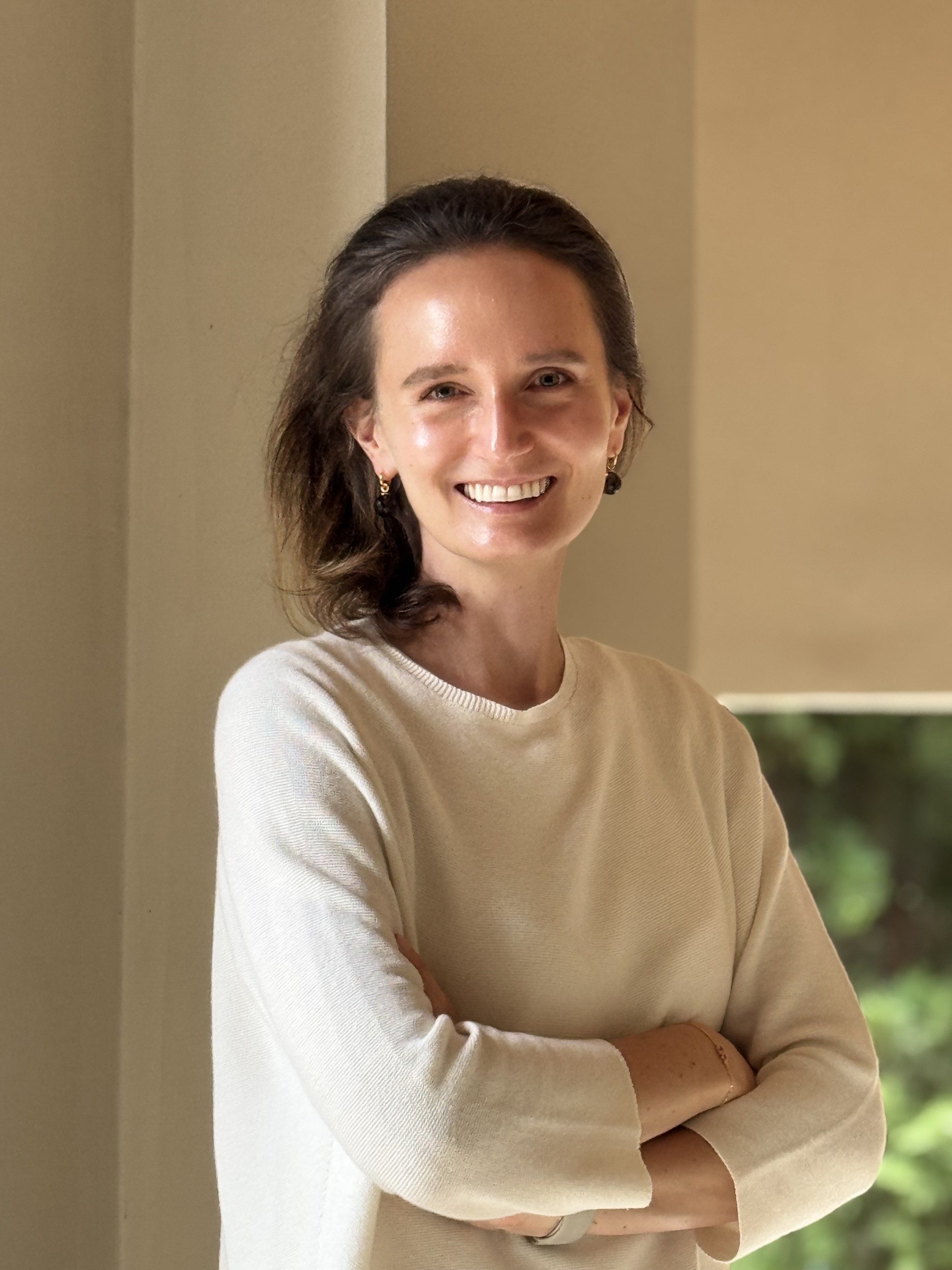
[Kigali, Rwanda] Leading agricultural researchers from nine African countries have gathered in Kigali, Rwanda, this week for a Strategic Dialogue on Agricultural Technologies in Africa.
The assembly convened experts from Kenya, Tanzania, Burkina Faso, Nigeria, Ghana, Malawi, Rwanda, Mozambique, and Ethiopia. Held under the theme “Strategic Dialogue on Biotechnology Research in Africa’s Agricultural Systems,” the high-level platform addresses key bottlenecks impeding the development of Science, Technology, and Innovation (STI) on the continent and the impact on Africa’s agriculture and food systems.
The researchers observed that Africa has the youngest population and is wealthiest continent in natural resource endowments. It has bountiful resources with potential to bring about social and economic transformation but the limited investment in STI is hindering the continent’s ability to utilize STI tools for development fully.
However, researchers acknowledged efforts by the African Union Commission (AUC) through the Science, Technology, and Innovation Strategy for Africa 2024 (STISA 2024) that boost investments in the domain.
Dr. Canisius Kanangire, Executive Director, AATF, underscored the role of researchers in addressing food insecurity in Africa and called for collaboration among African scientists for cross-learning on research, regulation and commercialization.
“African farmers are the most vulnerable to the impacts of climate change. Researchers have the responsibility to help them increase productivity by using tools and adopting appropriate technologies, such as biotechnology, for better production,” Kanangire stated.
Kanangire called for political support and investment, including from the private sector to fund research relevant to Africa’s development. He called for a stronger linkage between research and policy, urging researchers to focus on applied research that drives sustainable development and real change in their communities.
Dr. Florence Uwamahoro, Deputy Director General, Rwanda Agricultural Board (RAB), echoed the sentiments on the importance of Science, Technology, and Innovation (STI) in maximizing agriculture’s potential for sustainable development.
‘’Rwanda will continue to ensure human and infrastructural capacity development, and regulatory framework for a proper detection, handling, and production of Genetically Modified Organisms-GMOs, as well as expanding collaborations with various stakeholders and development Partners in advancing modern biotechnology, especially for the benefits of smallholder farmers,’’ Uwamahoro said.
Uwamahoro acknowledged the Open Forum on Agricultural Biotechnology in Africa (OFAB) community present noting that the project’s efforts to drive conversations and engagements on the safe use of agricultural biotechnology, creating public awareness and communicating scientific innovations in Africa is a great step towards prosperity. ‘’Your existence is very important, especially in supporting the enabling environment creation for regulation and policy regarding the modern biotech products adoption, ‘’ Uwamahoro said.
Depoliticization of research and development is indispensable for harnessing STI, including modern biotechnology. They pointed to countries like the USA, Brazil, Argentina, China, and South Africa, which have successfully utilized biotechnology for development. The experts called for biotechnology research and development to be treated as a national priority for development while emphasizing the need to ‘Africanise’ biotechnology, saying there is a need to enhance investment to empower African scientists to address problems faced by Africa’s farmers.
Participants identified several critical issues, including the need for strengthened political goodwill, an enabling policy and regulatory environment, domestic investment in biotechnology, strengthened human capacities, and enhanced infrastructure and resources for advancing biotechnology research and development.
The meeting recommended the prioritization of biotechnology by governments to address the continent’s pressing agricultural challenges and strengthen linkages between research organisations and industry by refocusing efforts towards biotechnology commercialization.
Beyond the traditional Public-Private Partnerships, the meeting recommended the need for a framework that ploughs back benefits for further reinvestment in the national technology ecosystem. Additionally, there was consensus on the need to support youth with an interest in science.
To ensure sustainable investment in STI, there is a need for political leadership to understand the role of STI in national development. African political leaders have a pivotal role in transforming the biotechnology landscape on the continent, researchers advised.
…….Ends……
########
About AATF (www.aatf-africa.org)
Founded in 2003 to address Africa’s food security prospects through agricultural technology, AATF believes that the agricultural sector is a key foundational pillar as Africa consolidates its economic growth and carves out its new position as a major global economic powerhouse and the next growth market in the world. It was formed in response to the need for an effective mechanism that would facilitate and support negotiation for technology access and delivery and formation of appropriate partnerships to manage the development & deployment of innovative technologies for use by smallholder farmers in SSA.
About RAB (Overview (rab.gov.rw)
The Rwanda Agriculture and Animal Resources Development Board (RAB) is an autonomous body established by LAW N°38/2010 OF 25/11/2010 and currently, RAB is governed by Presidential Order N° 074/01 OF 09/12/2022 Governing Rwanda Agriculture and Animal Resources Development Board (RAB), determining its mission, organization, and functioning. The law specifies that: The mission of RAB is to develop agriculture and animal resources through research, agricultural extension and animal resources extension in order to increase agricultural and animal resources productivity and quality, as well as their derived products.
For more information contact:
Dr Athanase Nduwumumemyi, OFAB Rwanda Project Coordinator, Email: athanase.nduwumuremyi@rab.gov.rw, Mobile: +250788772201
Mr Verenardo Meeme, OFAB Africa Programme Officer at AATF. Email address v.meeme@aatf-africa.org, Mobile: +254110597670





















































































